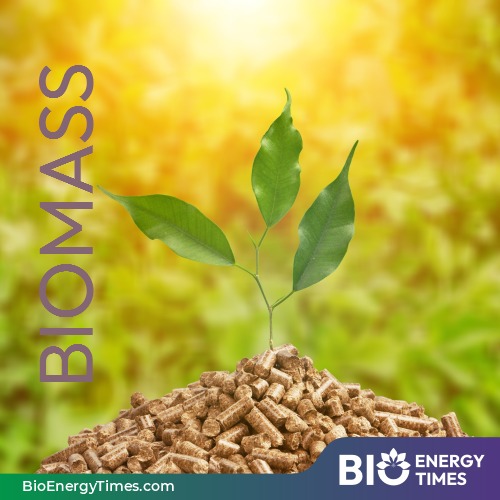At COP29 in Azerbaijan, the UAE Pavilion hosted a series of sessions focused on the country’s efforts to decarbonize high-emission sectors and drive the transition to a climate-neutral economy. These discussions underscored the UAE’s commitment to advancing sustainability and renewable energy through innovation and investment.
The sessions brought together key stakeholders, including representatives from the UAE Ministry of Energy and Infrastructure, the Hydrogen Council, the World Food Programme (WFP), the United Nations, and New York University Abu Dhabi.
The first session of the day introduced the Global Energy Efficiency Alliance (GEEA), created in response to the urgent need for a unified international approach to improving energy efficiency. Eng. Sharif Alolama, Undersecretary for Energy and Petroleum Affairs at the UAE Ministry of Energy and Infrastructure, highlighted the UAE’s pride in developing the UAE Consensus. “It shows the world how the global community is falling short in meeting the necessary targets,” he said. He emphasized that a global alliance could bridge this gap, noting that every $1 invested in energy efficiency yields $2 in savings. “Energy efficiency is not merely a target; it is the cornerstone of our sustainable future,” he concluded.
During the “Accelerating Climate Action for Peace, Relief, and Recovery” panel, Abdulla Balalaa, Assistant Minister for Energy & Sustainability at the Ministry of Foreign Affairs, remarked on the progress made, saying, “The chess pieces are falling into place—let’s strategize for the year ahead as we approach COP30.” He described the Loss & Damage Fund as an “unparalleled investment for development, peace, and equity,” expressing confidence that significant progress could be made in the year leading up to COP30 in Brazil. Gilles Carbonnier, Vice-President of the International Committee of the Red Cross, agreed, stressing that climate change impacts everything from health and water access to livelihoods. Syed Husain Quadri, Director of Resilience and Climate Action at the Islamic Development Bank, added that it is essential to create pathways that protect the livelihoods of climate-vulnerable communities, ensuring that climate finance is accessible to those who need it most.
In a fireside chat titled “Empowering Youth in the Energy Transition,” Beniamin Strzelecki, Youth Climate Advisor to the UN Secretary-General and a graduate of NYU Abu Dhabi, discussed with Antonios Vouloudis, Senior Director of Sustainability and Stewardship at NYUAD, how the UAE offers ample opportunities for youth to get involved in renewable energy. Beniamin emphasized the importance of intergenerational dialogue, saying, “I am passionate about engaging with decision-makers to ensure youth voices are heard in the climate conversation.”
The day’s discussions also covered the “Economic Transition to Net-Zero,” hosted by First Abu Dhabi Bank. This session explored the progress, challenges, and opportunities associated with decarbonizing high-emission sectors and transitioning to a net-zero economy.
The final session, hosted by the UAE Ministry of Energy and Infrastructure, focused on “Hydrogen: Driving Decarbonization in Hard-to-Abate Sectors.” In collaboration with German public and private sector partners, the panel examined the potential of innovative hydrogen solutions to decarbonize industries such as steel, cement, and waste management.
To read more about Biomass Industry News continue reading Bioenergytimes.com














